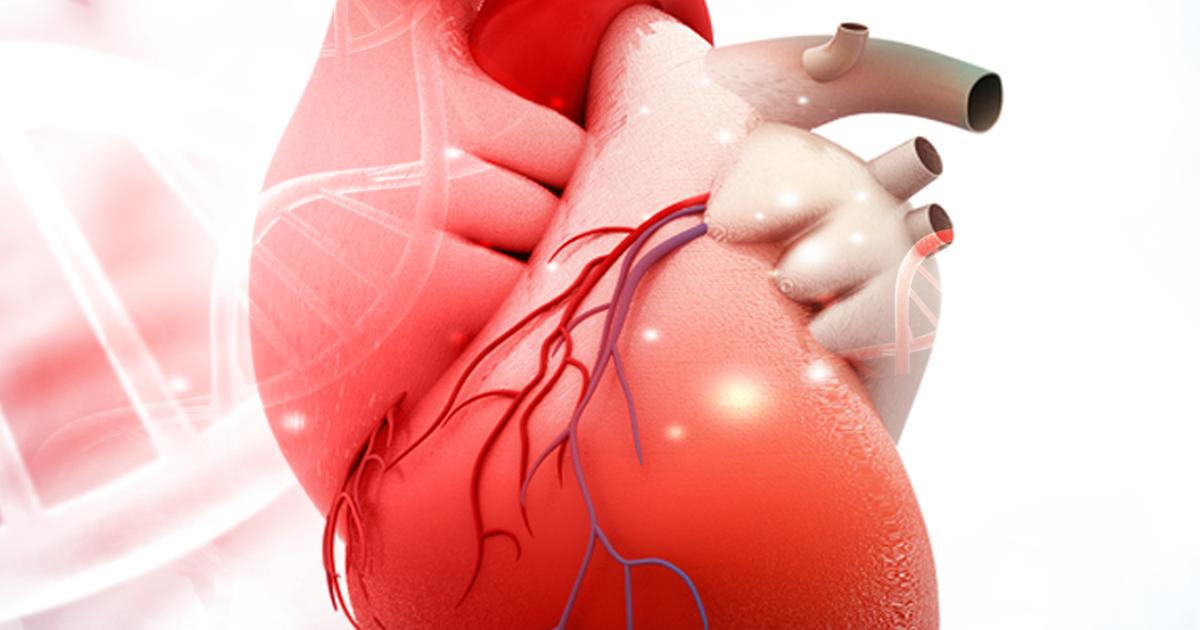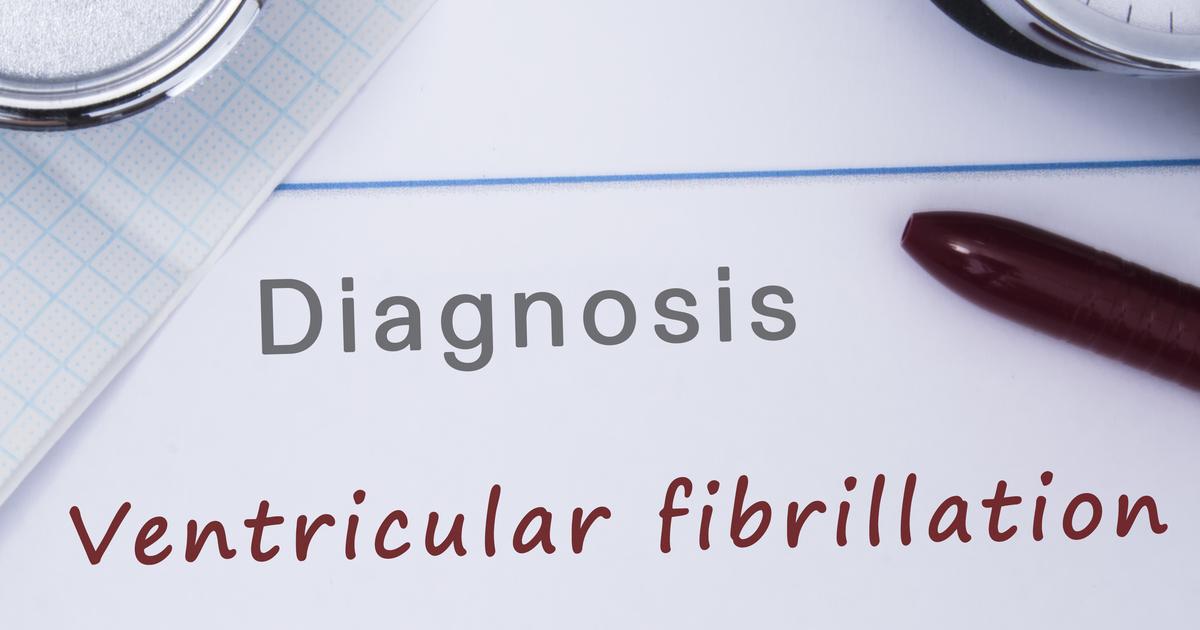Comprehensive Overview Of Heart Cancer
Heart cancer and primary cardiac tumor are terms used to describe a malignancy that has originated or developed in the tissues that make up the heart. A malignancy of the heart can grow in any of the four chambers, on the inside surface, on the outer surface, and anywhere in between. Heart cancer is a disease that is not known well in the general public because it is so rare. Only 0.00138 percent of the general population or 1.38 out of 100,000 individuals will experience heart cancer.
It is the high prevalence of cancer in epithelial tissue rather than connective tissue, and the fact the cells of the heart do not undergo cell division that causes heart cancer to be rare. Most cases of cancer in the heart have an origin outside of the heart tissues, like in the tissues of the breast or lung.
What Is Heart Cancer?

Heart cancer is forty times more likely to occur when it is the result of the metastasis of malignant cells from other solid tissues or from cancers that start in the blood, like lymphoma and leukemia. Cancer that begins in the heart that has not spread from another location or the body fluids is referred to as primary cardiac cancer. Most primary cardiac sarcomas fall into the specification of angiosarcomas and tend to develop in the right atrium of the affected individual's heart.
The most common type of malignancy that occurs in the left atrium of the heart includes leiomyosarcoma and pleomorphic sarcoma. Sarcomas that develop in the left atrium tend to be a more condensed type of tumor that does not infiltrate surrounding tissues as quickly as other types of heart cancer. Cardiac tumors that develop in the right side of an affected individual's heart tend to take on a bulkier appearance and grow in an outward direction, infiltrating the tissues around it.
Common Symptoms Spotted

Heart cancer produces symptoms based on the tumor's location, size, and structure, rather than the type of tumor. There are five different groups of symptoms primary cancer can produce. The first type of symptoms commonly seen in heart cancer is related to obstruction of blood flow in the heart and consists of shortness of breath, chest pain, fainting, fatigue, and dizziness. The second is related to the dysfunction of the heart muscle tissues and include swollen legs, weakness, shortness of breath, chest pain, and fatigue. Another group of symptoms that manifest in heart cancer is associated with conduction problems of the heart and includes skipped heartbeats, slow heart rate, ventricular fibrillation, fainting, and fatigue.
In addition, symptoms can occur in heart cancer related to emboli or small parts of the tumor that become loose. These include sharp chest pain, irregular heartbeat, facial droop, confusion, problems with speech, speech comprehension problems, and a cold limb with no pulse. Some other nonspecific symptoms known to manifest with heart cancer include fever, night sweats, joint pain, chills, and weight loss.
